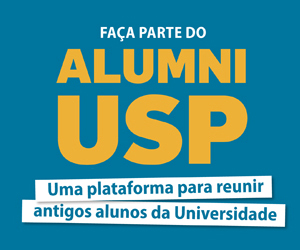COLÓQUIO DO DEPARTAMENTO DE FÍSICA MATEMÁTICA
"The Deep Underground Neutrino Experiment: Brazilian contributions and perspectives"
Prof. Dr. Ettore Segreto (UNICAMP)
DIA 18/04/2017 (terça-feira) - 11h - SALA JAYME TIOMNO
Abstract:
Neutrino physics is one of the most rich and interesting research field in modern particle physics. Since when they were discovered, neutrinos deserved many surprises to physicists and they probably deserve more for the near future, since they represent one of the most powerful window on new physics. One of the most important experimental programs that will address some of the open questions in neutrino physics is the Deep Underground Neutrino Experiment (DUNE). It will be the first mega-science project on the US soil, that actually involves more than 900 physicists. It will allow to shade light on the CP violation in the leptonic sector, on the mass hierarchy of neutrino masses and on the octant of theta_23. The DUNE foresees the realization of a neutrino beam and of a near detector, both located at Fermilab (USA) and of a gigantic far detector based on the technology of liquid argon time projection chambers that will be installed at the Sanford Underground Research Facilit!
y in South Dakota, 1300 km faraway. Moreover the huge active mass of the far detector will allow to develop a rich program of non accelerator physics that includes the search for proton decay, the detection os supernova neutrinos and of atmospheric neutrinos. Several Brazilian experimental and theoretical groups are actually part of the DUNE Collaboration. One of the main objective is realizing a part of the detector in Brazil. In particular, it is in course a great R&D effort to develop a new concept of liquid argon scintillation light detection, highly competitive with those proposed by other groups of the Collaboration. The most relevant activities which are being carried on in this field at UNICAMP and Fermilab will be illustrated together with the perspectives for future developments and collaborations.













